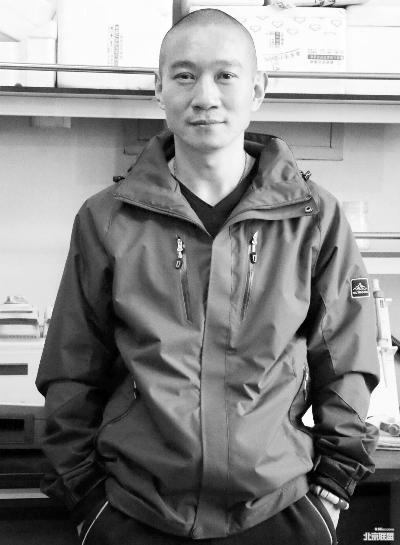Han Chunyu, an associate professor at Hebei University of Science and Technology, published a paper in the top international academic journals in May this year, saying that his team invented a new gene editing technology. This experiment, which can be seen as a shock to the Nobel Prize, is in the next few. No one can repeat it in the middle of the month. Recently, several scientists submitted their experimental results to the top publication "Nature·Biotechnology" to prove that Han Chunyu's experiment could not be repeated. Recently, the magazine spokesperson responded: "There have been many comments on Han Chunyu's papers, and the criticism of some submissions is so significant that the author or editor infers that the basic conclusions of the paper are invalid. In the case, the paper will be retracted."
The incident progressed, many scientists reflected that the experiment could not be repeated
On May 2 this year, Han Chunyu, an associate professor at Hebei University of Science and Technology, raised concerns in the publication of research papers in the world's top academic journal Nature and Biotechnology. However, after one month, because the results of the experiment could not be repeated, many scholars at home and abroad questioned it.
Xu Xing, a researcher at the Institute of Vertebrate Paleontology and Paleoanthropology of the Chinese Academy of Sciences, said that the gene editing technology invented by Han Chunyu has the potential to open up a new field of biology, which has made the media that is eager to "China's first" have a strong national pride. The opportunity of feeling; as an unknown scholar from a provincial institution, it has made great achievements while occupying a small amount of resources, once again highlighting a phenomenon in the Chinese scientific community: well-known universities and colleges, large and Small research institutions have obvious differences in resource possession; of course, the most important concern is Han Chunyu’s NgAgo paper reproducibility dispute, which involves not only the problems of science itself, but also the interests of relevant institutions, and even the scientific community. The issue of integrity.

Han Chunyu, Associate Professor, Hebei University of Science and Technology
According to the reporter's understanding, on the evening of October 10, 12 scholars stood up and decided to real-name the results of their "repeated" Han Chunyu experimental methods: "negative", "not working" and so on. The popular expression of this conclusion is that they have not been able to "repeated" Han Chunyu's experiment, and the experimental method is "suspicious."
The reporter learned that a number of scientists, including Wei Wensheng, a professor at Peking University, have compiled experimental data on NgAgo in their respective laboratories, and will submit a joint article to Nature Biotechnology in the near future, reflecting that it is impossible to repeat or reproduce the Han Chunyu experiment. The result of the situation. Wei Wensheng said that many scholars, including him, believe that "it can't be delayed, and we must make a sound, let the international scientific community see the attitude of Chinese scientists in this field (ie, genetic editing)."
Sodium Erythorbate,Sodium Erythorbate Powder,Food Additives Sodium Erythorbate,Antioxidant Sodium Erythorbate
SHANDONG BAISHENG BIOTECHNOLOGY CO., LTD , https://www.baishengbioproducts.com